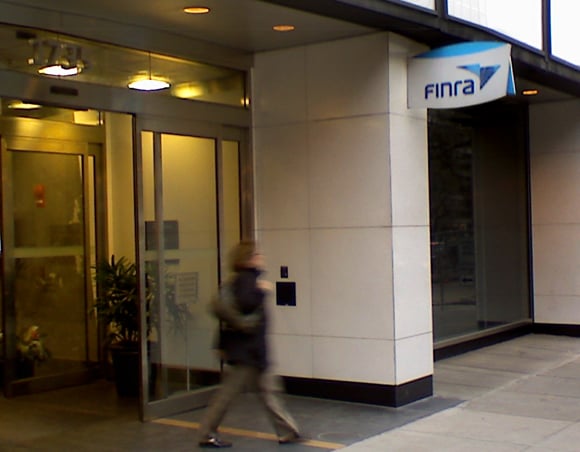The U.S. Supreme Court today declined to hear an appeal of a lawsuit filed in 2007 by a broker-dealer against NASD.
The firm, Standard Investment Chartered Inc.,
sued the NASD over its merger with the regulatory unit of the New York Stock Exchange, claiming the proxy used by the NASD in soliciting member approval for the merger was fraudulent.
The NASD since has been renamed the Financial Industry Regulatory Authority Inc.
In 2010 a New York federal court dismissed the claim, and last year, the 2nd U.S. Circuit Court of Appeals upheld that decision.
“We are pleased that the Supreme Court determined not to take the case,” Finra spokeswoman Nancy Condon said in a statement.
“We believed the 2nd Circuit Court's opinion was consistent with rulings of other courts that have addressed the issue of immunity for SROs.”
“Members of Finra will never have their day in federal court to prove that Wall Street's regulators themselves committed a significant financial fraud,” William Anderson, one of Standard's attorneys at Cuneo Gilbert & LaDuca LLP, wrote in an email.
Jack Norberg, chairman of the firm, was not immediately available for comment.
NASD was able to get the merger approved by member firms with the help of a $35,000 payment. Standard claimed that the self-regulator and its officials lied in the proxy and other communications when they claimed $35,000 was the most that could be paid under Internal Revenue Service rules.
Government entities, including private organizations with government-delegated authority, generally enjoy absolute legal immunity in performing official duties. Court cases have granted protection specifically to securities self-regulatory organizations.
Standard argued that the merger was not a legally protected regulatory function of Finra.
The brokerage firm wanted the Supreme Court justices to hear that case because it claims that lower courts have issued conflicting opinions on immunity for SROs and other state actors.
SEC Chairman Mary Schapiro, former head of NASD, was one of the officials named in the lawsuit.
A number of outside organizations filed friend-of-the-court briefs for Standard, urging the Supreme Court to take up the case and address the limits of legal immunity for SROs.
In dismissing the case, lower courts found that NASD's proxy and merger were part of its regulatory activities and thus legally protected.







